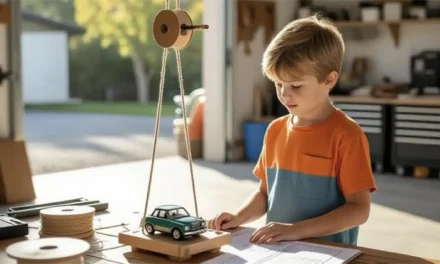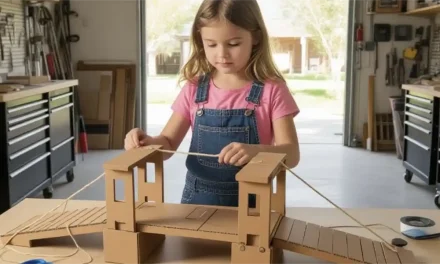
Encouraging Questions and Curiosity: Cheer Effort Over Answers
I
n many classrooms, results steal the spotlight. But at home, you can make effort the star. Ancient thinkers built their ideas through mistakes and persistence, not perfection. When you praise attempts instead of outcomes, you teach your child to keep going—not because they know the answer, but because they trust the process.
One weekend, my son hunched over a half-finished model, frustration building. I pointed out how he kept adjusting, not giving up. That shift in focus steadied him—he returned to the problem with more intention. When the model finally held, his grin said more than any grade could. He wasn’t just proud of finishing—he was proud of the work it took to get there.
Recognizing persistence builds the kind of confidence that doesn’t vanish after a wrong answer. During daily tasks, highlight what they’re trying, not just what they’ve solved. Those habits—of sticking with problems and learning from missteps—turn into lasting strengths, useful in every challenge they face.
Encouraging questions and curiosity

Encouraging Questions and Curiosity: Spark Wonder with Science
Simple science projects can ignite curiosity, fun, and learning. Discover easy experiments to motivate children and develop lifelong interest and thinking skills.

Encouraging Questions and Curiosity: Self-Discovery Through Wonder
Encouraging questions and awe helps children explore who they are and shape their worldview. Spark wonder, curiosity, and self-discovery at home.
Table of contents

Primordial Soup for the Mind: Navigation
Navigate the book Primordial Soup for the Mind.
TIPS
-
Say “Great try!” to encourage persistence.
-
Focus on their process, not just outcomes.
-
Share your own efforts to model resilience.
ACTIVITIES
- Build Talk: During a project, ask, “What did you try today?” Discuss for 10 minutes to praise effort.
- Push Talk: After a task, ask, “What kept you going?” Discuss for 15 minutes to encourage resilience.
EXAMPLE
My daughter fumbled a craft but kept trying when I said, “I love your effort!” She now tackles projects confidently.

Download “Primordial Soup for the Mind: A Parent’s Guide to Nurturing Intellectual Growth”
Enter your information to get this article and hundreds more as part of the FREE book Primordial Soup for the Mind.
Share your thoughts with the Thought Academy community in the Comments section below.

Sharpen those skills!
Enter your information to get our FREE practice exercises so you can hone your critical thinking and reasoning skills!







0 Comments